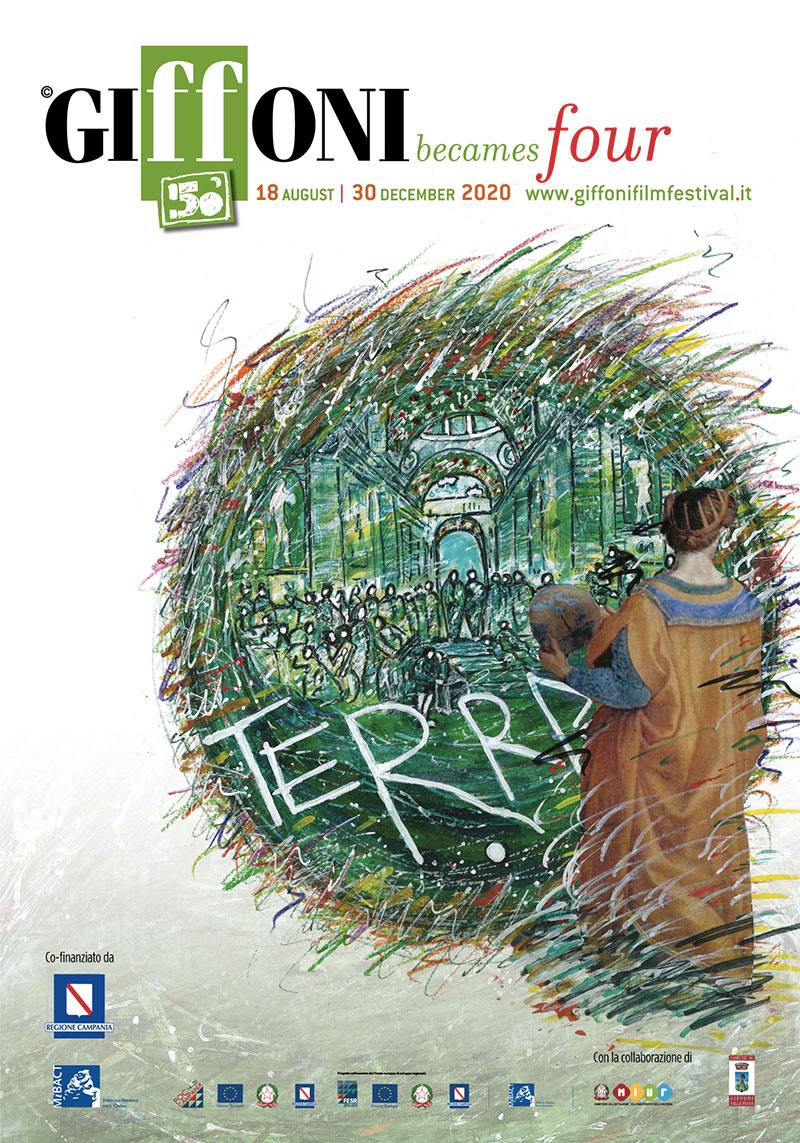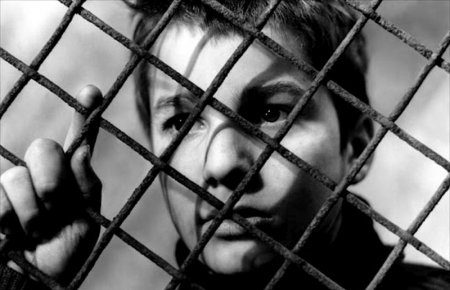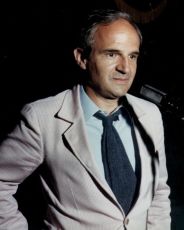Synopsis
Antoine Doinel is a boy who lives with his mother, a careless woman, and his father, a shallow man and only interested in rally races. The only comfort to his solitude is reading and his friendship with his schoolmate René. It is with him that he runs the school to go to the cinema or wander around Paris. To justify yet another absence from school, Antoine invents the death of his mother. Humiliated in front of everyone after the lie is discovered, he escapes by taking refuge in the printing house of René's uncle. Back in school, he is forgiven by his mother, who promises a gift if he improves his grades. Antoine, who loves to read, writes an essay rewriting a page of the novel The quest of the absolute as an homage to Balzac, his favorite author. The professor accuses him of copying and punishes him. Disappointed and desperate, Antoine escapes and goes to live in René's house. To pay for a trip to the beach for himself and his friend, Antoine plans to steal a typewriter in his father's office. Once the theft is done, the boys try to sell the typewriter. Failing that, Antoine tries to return it but he is discovered. The father denounces him and the boy spends one night in prison. To get rid of him, the mother accepts that he is locked up in a juvie far from Paris and with a very strict discipline.
production Italian distribution |




 FRANÇOIS TRUFFAUT
FRANÇOIS TRUFFAUT